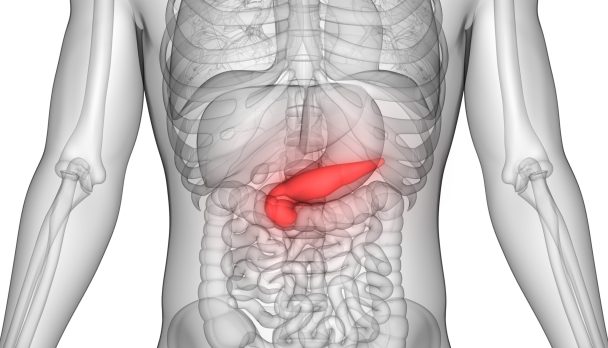Drinking alcohol has been proven to increase the risk of developing breast cancer in over 100 studies, but both the general public and health professionals continue to ignore the issue. According to UK researchers, alcohol use is now estimated to be a major causative factor in between 5% to 11% of all breast cancer cases, but in their study, published in BMJ Open, less than one in five women attending a mammogram knew of the risk of alcohol, and – perhaps more worrying – less than half of the staff at the breast centre identified alcohol as a breast cancer risk factor. The mixed methodology study included over 200 woman attending a breast clinic for breast imaging – about half were symptomatic and the other half presented just for routine screening. These woman were surveyed along with over 30 staff. Following the survey a series of focus groups were conducted with both the women and the staff. Looking at different risk factors, almost one third of all participants identified obesity as a risk, and almost half recognised smoking as problematic. But alcohol? Only 16% in the screening group and 23% in the symptomatic group knew of any association between alcohol and breast cancer. “The study confirms that knowledge of alcohol as a modifiable risk factor for breast cancer is low,” the study authors said. The survey and focus groups also showed that many women did not know how much alcohol was in a standard drink such as a pint of beer or a glass of wine. So, as the authors point out, the dilemma is how will we ever modify this modifiable risk factor if people don’t even know about it and are unaware how to even assess their own alcohol consumption. The researchers suggest that the routine mammogram represents an ideal opportunity to intervene. Here is the time and the place where breast cancer will be front of mind – here is the time and place to increase awareness of alcohol as a breast cancer risk factors, assess a woman’s current alcohol consumption and suggest ways and means of reducing this if appropriate. Concerns that incorporating such a preventative strategy into a routine breast screening appointment might deter women from attending, appeared unfounded, the study noted. “Many women participating in this study reacted positively to the suggestion of adding information on cancer prevention, in general, to . . . breast screening or clinic attendances, although there was ambivalence by staff delivering it,” the researchers said. This ambivalence appeared to stem from a degree of uncertainty in relation to cancer risk factors, a lack of time available to discuss these issues with patients and a sense that it wasn’t their role to be providing this intervention. The other major barrier to conducting these assessments and implementing these preventative measures is motivation. In this study, two thirds of all participants drank alcohol. This is fairly representative of the population as a whole, with previous UK research showing that almost 80% of women had drunk alcohol in the past year, and more than one fifth of women aged 45 to 64 drank more than two standard drinks a day on average. “Home drinking is an embedded social practice, which may be resistant to change, and this normalisation of alcohol use by health professionals may account for some of the ambivalence they have to discuss alcohol consumption as a risk factor for breast cancer with patients,” they said. But this needs to change. There is plenty of evidence that alcohol brief interventions can be effective in reducing alcohol consumption. In fact the authors say, simply answering questions on alcohol consumption can result in behaviour change. “It is interesting to note that while it has become routine practice to assess patients in breast clinics for a possible inherited susceptibility to breast cancer and refer on for family history or genetics investigation, there is currently no equivalent pathway for patients who have potentially modifiable lifestyle risk factors, including alcohol use,” the researchers said. Reference Sinclair J, McCann M, Sheldon E, Gordon I, Brierley-Jones L, Copson E. The acceptability of addressing alcohol consumption as a modifiable risk factor for breast cancer: a mixed method study within breast screening services and symptomatic breast clinics. BMJ open 2019 Jun 17; 9(6): e027371. DOI: 10.1136/bmjopen-2018-027371
Expert/s: Dr Linda Calabresi
















